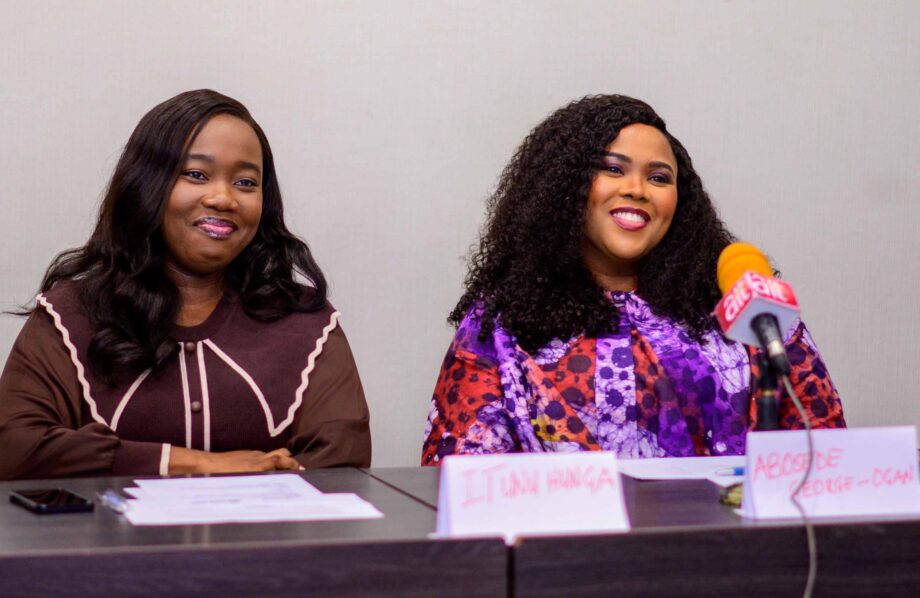 The Women in Leadership Advancement Network (WILAN) has called for gender-balanced leadership to address societal issues, such as Gender-Based Violence (GBV).
The Women in Leadership Advancement Network (WILAN) has called for gender-balanced leadership to address societal issues, such as Gender-Based Violence (GBV).
It emphasised that increasing female representation in leadership roles could drive positive change across various sectors.
Executive Director of WILAN, Abosede George-Ogan, who gave the advice in Lagos during a discussion on the upcoming third season of the Leading Woman Show, premiering on February 8, 2025, said that the show would challenge conventional views and portray women as leaders, culture shapers, and nation-builders.
She said the season, themed “The Policy Series,” would delve into topics, such as demystifying policies, the intricacies of policymaking, and the importance of gender-inclusive policies like women’s economic empowerment.
“The Leading Woman Show is more than just a talk show; it’s an effort to deconstruct social norms that have hindered women. We are committed to reshaping the perception of women leaders and inspiring the next generation of female change makers,” she said.
George-Ogan noted that achieving gender-balanced leadership would reduce corruption and improve access to education and healthcare, control gender-based violence and tackle many pressing societal issues.
“For us at WILAN, our goal is clear: we want to inspire and shape gender-balanced leadership. Nigeria is made up of men and women in nearly equal proportion, and leadership should reflect that reality. However, we are far from this balance, but with a consistent shift, we can begin to close this gap,” she further said.
Also, WILAN Global’s Communications Lead, Itunu Hunga, stressed the importance of shifting societal mindsets regarding female leadership in Nigeria.
She further stated that the issue is not about competition but about equal representation for competent individuals, adding: “This is not a battle for dominance but a call for fairness. Leadership should be inclusive, allowing all voices, including those of women, to be heard in decision-making processes. Nigerian women are not just supporters during elections; we deserve an equal seat at the table.”



![[FILES] A picture shows the Argentinian flag. (Photo by DANIEL LEAL-OLIVAS / AFP)](https://cdn.guardian.ng/wp-content/uploads/2020/11/Argentina-.jpg)


